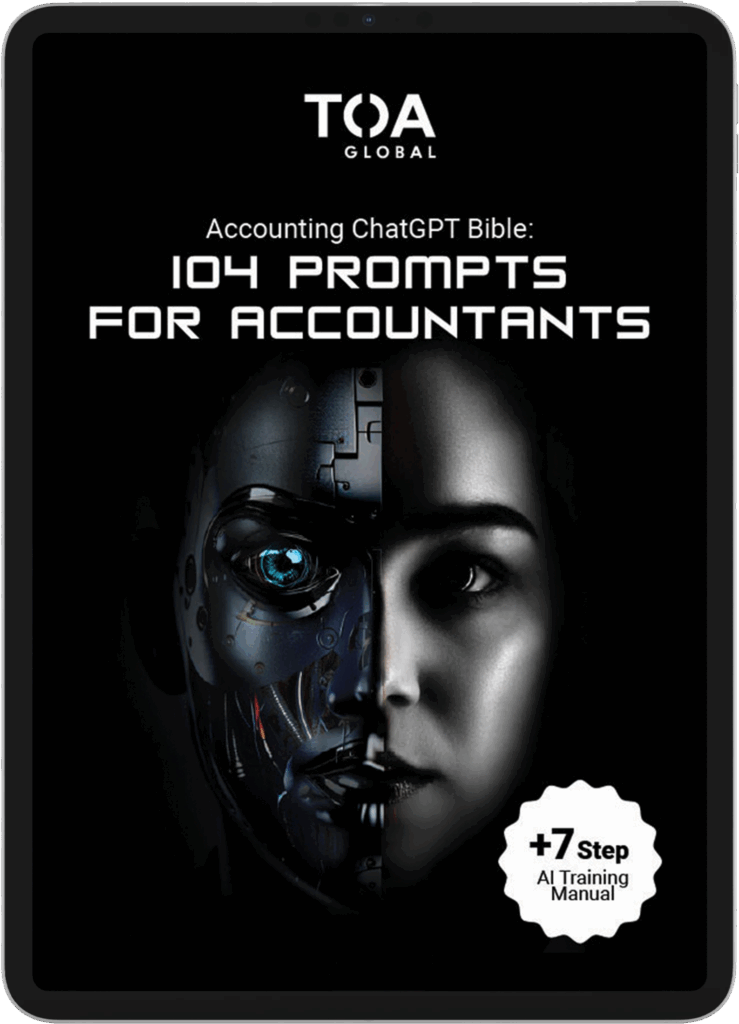So, you finally started your bookkeeping firm, and everything seems in order. You have a great team and a vision of your business’s goals. All that’s left to do is put a price tag on your bookkeeping services, and then you realize it’s not as simple as it seems.
Setting the right bookkeeping services pricing is crucial for sustainability while staying competitive. Knowing that, we created this guide to provide insights, strategies, and some of the best practices you can implement to help you determine and optimize your bookkeeping pricing structure.
Factors Influencing Bookkeeping Services Rates
Service Complexity
The complexity of the bookkeeping services you provide is a major determinant of pricing. The more advanced the services you provide, the higher the price you can set. Bookkeeping services vary from basic to advanced, each demanding distinct expertise levels and time commitment.
Services such as basic data entry will be priced lower, while tasks such as monthly reconciliation, financial reporting, budgeting, and financial analysis can command premium prices.
Business Size
- Small Businesses – Typically, small businesses such as local retail stores, cafés, etc. have fewer transactions and simpler financial structures, resulting in lower bookkeeping service costs.
- Medium-Sized Businesses – Mid-sized businesses such as medium-scale manufacturers, law firms, growing restaurants with several chains, etc. have noticeably increased transaction volumes and have more complex financial activities. These businesses require more time and expertise, leading to higher prices.
- Large Enterprises – Large enterprises such as multinational companies often have numerous transactions, and multiple accounts, and require in-depth financial management. This justifies premium prices.
Geographic Location
Despite the mass transition to home-based and remote services during the pandemic, the location of your bookkeeping business and the clients you serve still play a crucial role in determining your pricing. In high-cost areas like New York, Los Angeles, Boston, etc., you can often command higher rates to cover increased operational expenses.
For remote services, on the other hand, location has less impact on pricing. Offering services remotely allows bookkeepers to tap into broader markets, potentially offering competitive pricing due to the lower overhead costs.
Expertise and Credentials
A bookkeeper’s experience, expertise, and credentials matter a lot in pricing. Although being a CPA (Certified Public Accountant) is not required to be a bookkeeper, being a Certified Bookkeeper (CB) and Certified Public Bookkeeper (CPB) can help you higher your rates.
In addition, bookkeepers with specialized training in particular accounting software such as QuickBooks Online Certification and Xero certification can also charge premium rates.
while
Bookkeeping Services Pricing Strategies
After you consider all the elements that affect your bookkeeping rates, it’s time to determine which bookkeeping pricing structure to use. Here’s a detailed look at the most common pricing models.

Hourly Billing
Hourly billing is one of the most common bookkeeping pricing structures. It’s straightforward and flexible, ideal for those handling varied tasks. It ensures clients are billed for the exact time spent on their accounts.
However, it can lead to inconsistent income and may make clients hesitant due to the unpredictability of the costs. In addition, the advent of accounting technology whose sole purpose is to expedite tasks has made hourly billing inefficient.

Fixed Fees
Fixed fees involve monthly or annually charging a predetermined amount for specific bookkeeping services. With this model, the cost of bookkeeping services becomes predictable for clients, encouraging long-term partnerships and enhancing client retention.
On the downside, there’s the risk of underpricing if the scope of the work increases unexpectedly, so a thorough understanding of the time and resources required is essential. To avoid this problem, you must clearly define the scope of services included in your fixed fee, moreover, regularly review and adjust the bookkeeping services price list to reflect the changes in costs and market conditions.

Value-Based Pricing
Value-based pricing sets prices based on the perceived value of the service to the client rather than the time spent or specific tasks performed. This model leads to higher profitability and aligns your interests with your clients.
However, implementing and justifying value-based pricing may prove challenging because it demands a deep understanding of the client’s business and industry. When using this pricing structure, clearly communicate your services’ tangible benefits and outcomes and customize your value proposition for different client segments and industries.

Hybrid Models
Best Practices for Optimizing Pricing Structures
- Regularly Review and Adjust Prices – Ensure you reassess your pricing structure at least once a year to remain competitive and profitable. Adjust prices in response to inflation, changes in demand, or shifts in the economic landscape.
- Be Transparent – Provide detailed proposals outlining the services included and the associated costs. Avoid hidden fees and make sure the clients are aware if there are any additional charges. Being transparent builds trust and avoids disputes.
- Offer Flexible Pricing Options – Offer tiered or hybrid service packages to cater to different client needs and budgets. In addition, incentivize long-term clients with discounts to encourage loyalty.
- Take Advantage of Technology – Utilize accounting and bookkeeping software and automation tools to reduce mundane manual labor and improve efficiency, allowing for competitive pricing.
Improve Your Firm’s Profitability with TOA Global’s Outsourced Bookkeeping Services
Locking in on the right bookkeeping services pricing is essential for your business’s success. By understanding all the factors discussed above, you can ensure profitability and stay competitive.
Want to boost your firm’s profitability even further? TOA Global’s bookkeeping outsourcing services will get you access to a team of seasoned bookkeepers for a fraction of the price without compromising the quality of your service.
Curious to know if we’re a good fit? Schedule a no-obligation consultation with us and let’s explore working together.




















